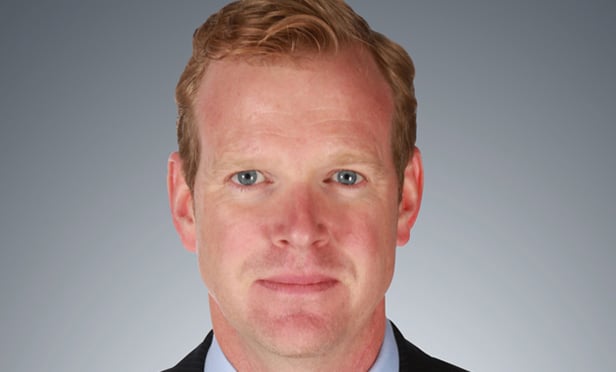 James Nelson
James Nelson
NEW YORK CITY—For the June 2016 Full Nelson, I had the pleasure of sitting down with George Yerrall, CIO and partner of RiverOak Investment Corp., LLC, to discuss the investor attraction to New York City real estate.
James Nelson: Please tell us about RiverOak and what you do?
George Yerrall: RiverOak manages blind pool, closed out funds. For the last 17 years, we have made approximately 55 investments up and down the East Coast, with smatterings in the Southeast and Southwest. We find operating partners and fill a position in the capital stack that requires our equity.
Nelson: Why does your current fund focus in New York City?
Yerrall: We made the decision post-recession that both the size and the vibrancy of the New York City market, along with its resilience, made it an ideal location to do what it is that we do.
Nelson: The type of investments you look for are value-add, why is that important?
Yerrall: They are value-add in that the building already exists, but is being either repurposed as a different type of building or renovated as the type of building that it is, but modernized. Both of those scenarios typically require significant cash, with an eye towards creating level stable cash flow when that repositioning is completed.
Nelson: We just came off another record year. Why is your fund still looking to invest today in New York?
Yerrall: We see opportunity in a variety of places, and not to be comprehensive, but that list would include housing in general in the five boroughs where the population is expected to rise to one million people by 2030, retail in the boroughs where many residences have been built without the accompanying retail, and even office in places like Brooklyn that is office starved.
Nelson: Tell us more about what you look for in a sponsor. What do you look for in a deal, and how do you typically structure?
Yerrall: The ideal sponsor is somebody that has been in business, and in a perfect world has even been through cycles, but has a track record. They have a track record of performance, and dealing straight with equity partners. On the transaction side, we have two ways we can go. We can come into the GP side of the equation where we are looking for some of the sponsor’s economics, but won’t have a say. More typically, we look to be the large LP in a transaction where we go pari-passu with a sponsor on a preferred basis, and a disproportionate amount above the preferred return would go to the sponsor.
Nelson: Your fund differentiates itself by focusing on small to midsize deals, why do you focus in this space?
Yerrall: That plays into why New York was such a good decision for us. The preponderance of transactions in New York are below $35 million in gross capitalization, and that is where we focus. Over time we have become nimble and able to quickly put together the kind of operating agreement partnership that is required to do a deal at that level. And there is not a lot of organized capital that we compete with in that size range.
Nelson: In New York City last year there was roughly 5,000 sales that took place, and 92 percent of them were under $50 million. I believe you are really in the right space. There is a lot of deal flow, and a lot of operators out there who I think have great strategies, implement value-add, and can really capitalize on this market.

















 Copyright © 2024 ALM Global, LLC. All Rights Reserved.
Copyright © 2024 ALM Global, LLC. All Rights Reserved.